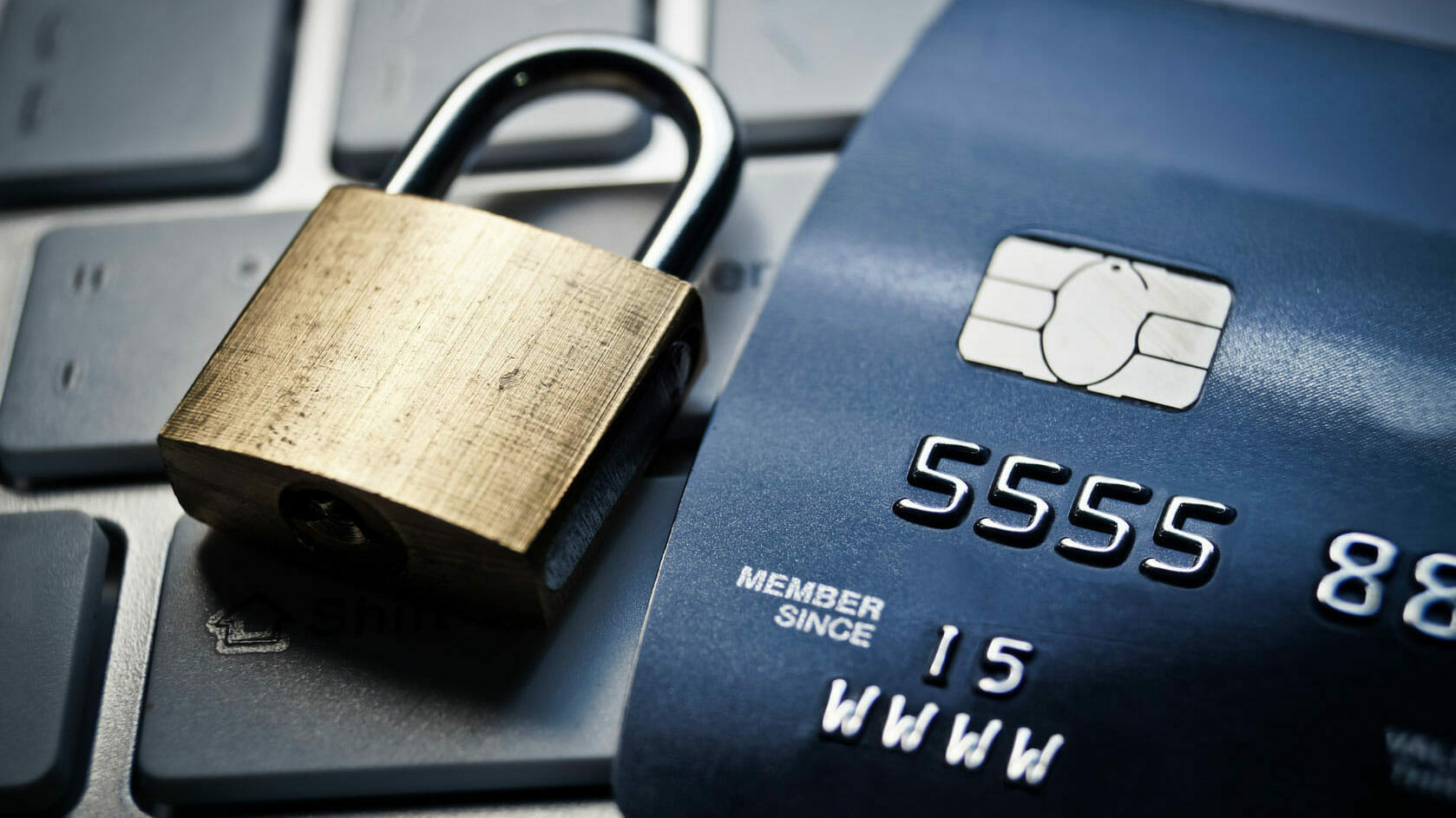
Younger generations are often hesitant to get credit cards. These cards offer protection and convenience. You should consider your financial situation and financial goals when deciding whether or not to open a personal credit line. A credit card is a valuable tool for building your credit score. You may want to open one account and use it responsibly.
At 18, you may be able to get a card with a credit union.
When you're young, opening a credit card is a great way to build your credit. A credit card when you are young will help you to establish good credit habits and raise your credit score. You'll also be less likely be declined by a lender. These cards can also be used to help you budget and are often targeted at young people. You can even keep track of your payments and get rewarded for paying on time with some cards.
It is a good idea that you keep an eye on your statements and report any unauthorised charges to the credit card issuer as soon as possible. Many credit cards include zero liability guarantees that protect you from being sued for fraudulent charges. While it might not be a priority for young adults, it is a good way start building credit.

Multiple credit cards can boost your credit score
Having several credit cards is not necessarily bad, but it is best to keep the balances low and make timely payments. A single card with a low credit score can be as good as five cards with high balances. However, managing multiple credit cards can be complicated. You might need to look at multiple websites or apps in order to manage your payments. Additionally, every card has a different payment due day.
Credit cards can improve your credit score. However, they can also lower your debt to credit ratio. This refers to how much credit you have compared to the amount of credit available to you. A good debt-to credit ratio should be 30% or less. This means you should not use more that one-third of your credit limit at any given time. This is important to increase your credit score, and obtain better credit opportunities.
You can get a credit card without an annual fee
If you don't use your credit cards as often as you would like or don't want a fee each year, a credit card without an annual charge is a good choice. This type of credit card provides strong rewards as well as a no-annual fee introductory period. New cardholders should be aware that they will still need to pay their minimum monthly payments, keep track of their earnings and spend limits.
You could save as much as $25-$1000 per year by getting a card with no annual fee. While a $1,000 annual fee is rare, it can be a significant factor in deciding which card to choose.

For customers with low or damaged credit, a secured card can be obtained
If you're looking for credit card options, but have limited or damaged credit, you may want to consider getting a secured credit card. These cards are great for temporary credit building and can help you build your credit. If you pay your bills on time, you may even be able to get a higher credit line in as little as six months. These cards will also report to credit bureaus. This means your bad habits will be documented.
Secured credit cards require cash deposits of at least $200. The amount can vary depending on the card issuer. However, it could be as low at $200. The credit card issuer will use this deposit as collateral. In the worst case scenario, your deposit could be lost and your credit score damaged. In the worst case, your account may be closed and the issuer may accept the deposit as a payment.